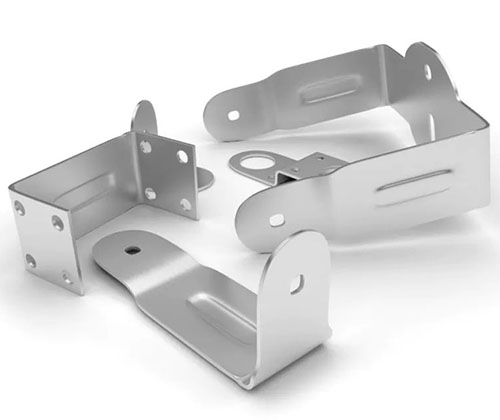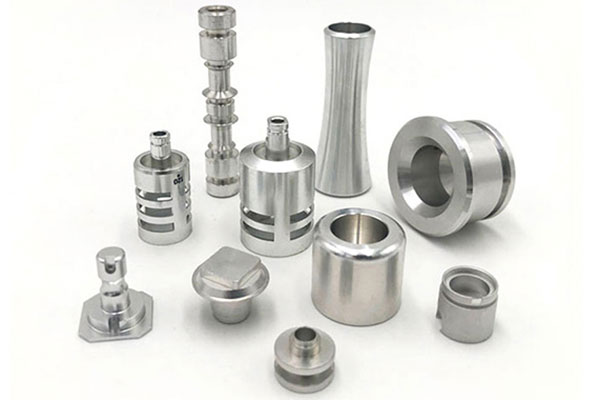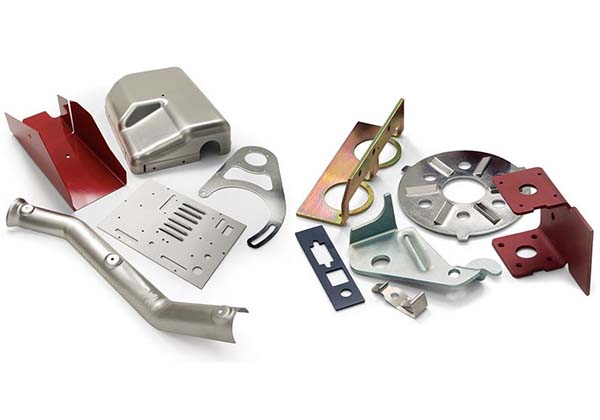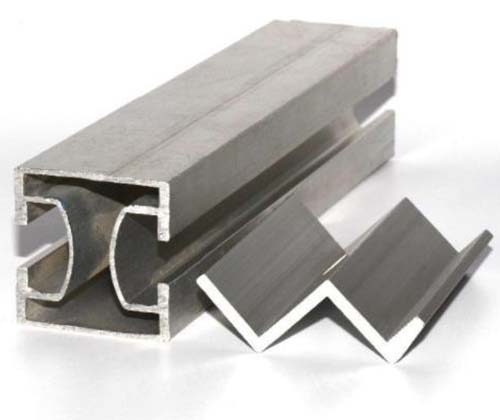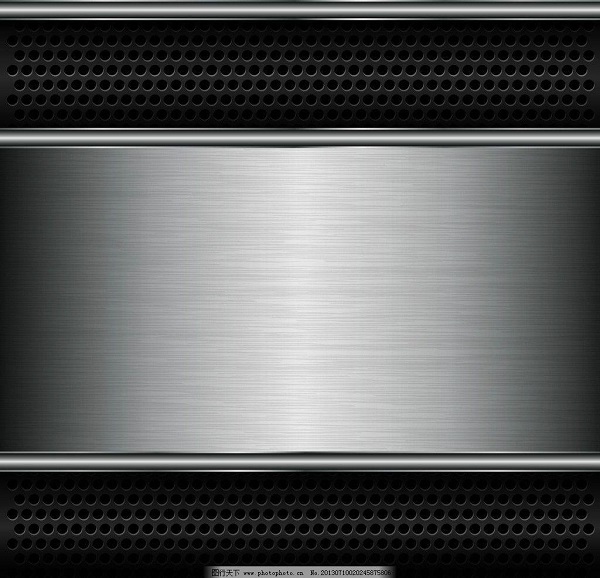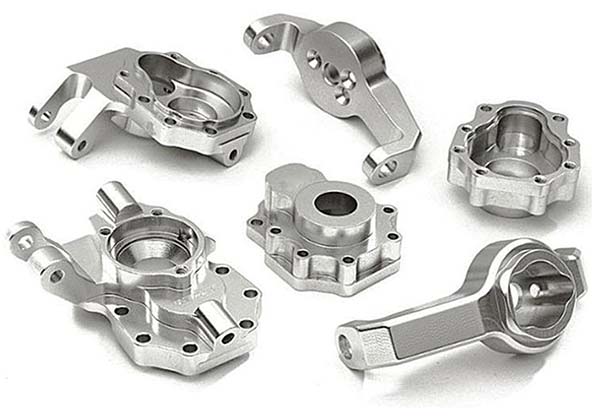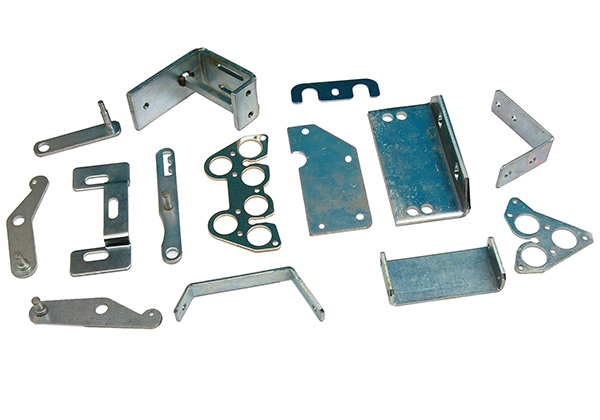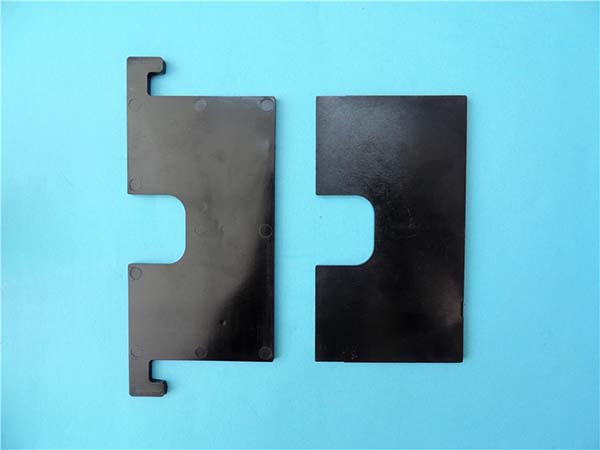Understanding Sheet Metal Contractors
What exactly are sheet metal contractors, and why are they so crucial in various industries? Sheet metal contractors are professionals or companies specializing in working with sheet metal, a thin and flat piece of metal that is widely used across numerous fields. Their role is multi - faceted and essential for the successful completion of many projects.
Common Services Provided
- Metal Plate Processing: This is a fundamental service. They cut, bend, and shape sheet metal according to specific project requirements. For example, in the construction of ventilation systems, sheet metal contractors will cut metal sheets into precise sizes to form ducts. They can use advanced laser cutting technology for high - precision cuts, ensuring that the ducts fit together perfectly. In a large - scale commercial building project, hundreds of meters of ducts might be required, and the contractor needs to process the sheet metal with utmost accuracy.
- Installation: Once the sheet metal components are fabricated, the contractors are responsible for their proper installation. In the case of roofing systems made of sheet metal, they ensure that each panel is correctly installed to prevent leaks. According to industry statistics, improper installation can lead to up to 30% more cases of roof leaks. A skilled sheet metal contractor will follow strict installation guidelines, using the right fasteners and sealants. For instance, in a residential roofing project, they might install standing - seam metal roofs, which are known for their durability and aesthetic appeal.
- Custom Fabrication: Many projects have unique requirements. Sheet metal contractors can create custom - made sheet metal products. For example, in the manufacturing of industrial equipment, they can fabricate custom enclosures to protect the machinery. These enclosures might need to have specific cutouts for wiring, vents, or access panels. In a food processing plant, a custom - fabricated sheet metal enclosure for a conveyor system needs to be hygienic, corrosion - resistant, and precisely fitted to the equipment.
Key Services Offered by Sheet Metal Contractors
Metal Fabrication
- Cutting: This is the initial step in most sheet metal projects. There are different cutting methods, such as laser cutting, water jet cutting, and punch press cutting. Laser cutting is highly precise, with an accuracy of up to ±0.05mm. It is ideal for creating intricate shapes in thin sheet metals, like those used in the production of electronic enclosures. Water jet cutting, on the other hand, can cut through thick sheets of metal without generating heat - affected zones. It is often used in the fabrication of parts for the aerospace industry, where materials need to maintain their structural integrity. Punch press cutting is faster for simple, repetitive shapes and is commonly used in high - volume production, such as in the manufacturing of metal brackets for furniture.
- Bending: Bending gives sheet metal its three - dimensional form. The process involves using press brakes to bend the metal at specific angles. For example, in the creation of metal boxes, the sides of the box are formed by bending the sheet metal at 90 - degree angles. The radius of the bend is a crucial factor. A smaller bend radius can lead to cracks in the metal, especially for harder metals like stainless steel. Skilled sheet metal contractors can accurately control the bending process to achieve the desired shape while maintaining the strength of the metal.
- Welding: Welding is used to join different pieces of sheet metal together. TIG (Tungsten Inert Gas) welding is known for its high - quality welds and is often used in applications where aesthetics and strength are important, such as in the construction of decorative metalwork or high - end kitchen appliances. MIG (Metal Inert Gas) welding, on the other hand, is faster and more suitable for larger - scale projects, like the fabrication of industrial storage tanks. The choice of welding method depends on factors such as the type of metal, the thickness of the sheet, and the requirements of the final product.
Installation Work
- In Construction: In building construction, sheet metal is used in various aspects. For roofing, the installation process starts with preparing the roof deck. The sheet metal panels are then laid out, starting from the eaves and working upwards. Contractors must ensure proper overlap between panels to prevent water penetration. In a commercial building with a large - scale flat roof, a waterproof membrane is often installed first, followed by the sheet metal roofing. For interior applications, such as installing ductwork for HVAC systems, the ducts are first measured and cut to fit the building's layout. They are then suspended from the ceiling using hangers, and all joints are sealed to ensure efficient air circulation.
- In Industrial Facilities: In factories and industrial plants, sheet metal installations can be more complex. For example, in the installation of a dust collection system, large - diameter sheet metal ducts need to be installed to carry dust - laden air to the collection units. The ducts must be installed with the correct slope to allow for the proper flow of dust and air. In a chemical plant, sheet metal enclosures for equipment need to be corrosion - resistant. Special coatings may be applied to the sheet metal before installation, and all fasteners used must be made of materials that can withstand the chemical environment.
Customization Services
Consider a project for a high - end restaurant. The owner wanted unique, custom - designed ventilation hoods that would match the restaurant's modern and industrial decor. The sheet metal contractor first met with the owner and the interior designer to understand the design concept. They then created 3D models of the proposed hoods, showing different finishes and shapes. After finalizing the design, the contractor used advanced CAD/CAM (Computer - Aided Design/Computer - Aided Manufacturing) technology to precisely cut and shape the sheet metal. The hoods were fabricated with a brushed stainless - steel finish, and unique geometric patterns were cut into the sides for an aesthetic touch. The project not only met the functional requirements of efficient ventilation but also enhanced the overall visual appeal of the restaurant, demonstrating the contractor's ability to provide highly customized sheet metal solutions.
Factors to Consider When Choosing a Sheet Metal Contractor
Selecting the right sheet metal contractor is crucial for the success of your project. Here are some key factors to keep in mind.
Experience and Expertise
- Project Portfolio Review: Look at the contractor's past projects. A contractor with a diverse portfolio, including projects similar to yours in terms of type and scale, is more likely to have the necessary skills. For example, if you're planning a large - scale industrial project, a contractor who has previously worked on industrial factories, with experience in fabricating large - sized sheet metal components for machinery enclosures or large - duct ventilation systems, would be a better fit. According to industry research, contractors with over 5 years of experience in a specific niche are 30% more likely to complete projects on time and within budget.
- Industry - Specific Knowledge: Different industries have unique requirements. A sheet metal contractor for the aerospace industry needs to be well - versed in working with high - strength, lightweight metals and must adhere to strict quality and safety standards. In contrast, a contractor for the food and beverage industry should understand the importance of using food - grade, corrosion - resistant materials and maintaining hygienic fabrication and installation processes.
Equipment and Technology
- Advanced Machinery: State - of - the - art equipment can significantly improve the quality and efficiency of sheet metal work. Automated cutting machines, such as laser cutters, can achieve higher precision compared to manual cutting tools. For instance, a laser cutter can cut complex shapes with an accuracy of up to 0.1mm, which is essential for creating intricate parts in electronic enclosures. Press brakes with advanced control systems can ensure consistent and accurate bending angles, reducing the likelihood of errors.
- CAD/CAM Technology: Computer - Aided Design (CAD) and Computer - Aided Manufacturing (CAM) software allow contractors to create detailed 3D models of sheet metal components. This not only helps in visualizing the final product but also enables precise programming of manufacturing processes. By using CAD/CAM, the time required for design and prototyping can be reduced by up to 50%, and the accuracy of the final product is greatly enhanced.
Customer Reviews and Testimonials
- Online Platforms: Check review platforms like Yelp, Google Reviews, and industry - specific forums. Positive reviews often highlight the contractor's professionalism, quality of work, and timeliness. For example, a review might mention that the contractor completed a project ahead of schedule without sacrificing quality. Negative reviews can also provide valuable insights, such as issues with communication or problems with the final product.
- Word - of - Mouth Recommendations: Personal referrals from friends, colleagues, or business associates who have previously worked with sheet metal contractors can be highly reliable. They can share their first - hand experiences, both good and bad, and give you an in - depth understanding of what to expect from a particular contractor.
Yigu Technology's Perspective
As a non - standard plastic metal products custom Supplier, Yigu Technology believes that sheet metal contractors play a complementary role in our business. In the use of materials, we both need to select the most suitable metals and plastics according to the project requirements. For example, when working on a product that requires both high - strength structural support and corrosion resistance, we might jointly explore the use of stainless - steel sheet metal combined with special plastic coatings provided by Yigu Technology.
In terms of process cooperation, Yigu Technology's plastic - processing techniques can be integrated with the metal - working processes of sheet metal contractors. When manufacturing complex product enclosures, the sheet metal contractor can create the basic metal structure, and then Yigu Technology can add plastic components for functions like insulation or improved aesthetics. This synergy allows us to provide more comprehensive product solutions for customers, meeting their diverse needs more effectively and efficiently.
FAQ
What types of materials do sheet metal contractors usually work with?
Sheet metal contractors commonly work with a variety of materials. Stainless steel is popular due to its excellent corrosion - resistance, making it suitable for applications in harsh environments such as kitchens, medical facilities, and chemical plants. For example, 304 stainless steel is often used in food processing equipment. Aluminum is lightweight, has good thermal conductivity, and is corrosion - resistant in many cases. It is widely used in the aerospace, automotive, and construction industries. For instance, in aircraft manufacturing, aluminum sheet metal is used for the body panels. Carbon steel offers high strength and is relatively inexpensive, so it is suitable for general - purpose applications like structural supports in buildings and industrial machinery.
How long does a typical sheet metal project take?
The duration of a sheet metal project depends on multiple factors. For a small - scale residential project, like fabricating and installing a simple metal chimney, it might take a few days, usually 2 - 5 days. This includes measuring, cutting the sheet metal, and the actual installation. However, a large - scale commercial project, such as constructing the ductwork for a multi - story office building, could take weeks or even months. A medium - sized commercial project with a moderate amount of sheet metal work might take 2 - 4 weeks. The complexity of the design, the quantity of sheet metal components, and the availability of materials all contribute to the overall project timeline.
Can sheet metal contractors handle small - scale projects?
Yes, sheet metal contractors can handle small - scale projects. Small - scale projects have their own advantages, such as a quicker turnaround time and lower costs. For example, if a homeowner needs a custom - made metal mailbox, a sheet metal contractor can easily take on this task. However, when dealing with small - scale projects, it's important to ensure that the contractor still adheres to high - quality standards. The communication between the client and the contractor is also crucial to ensure that the small - scale project meets the client's specific requirements, even though the scope is limited.
